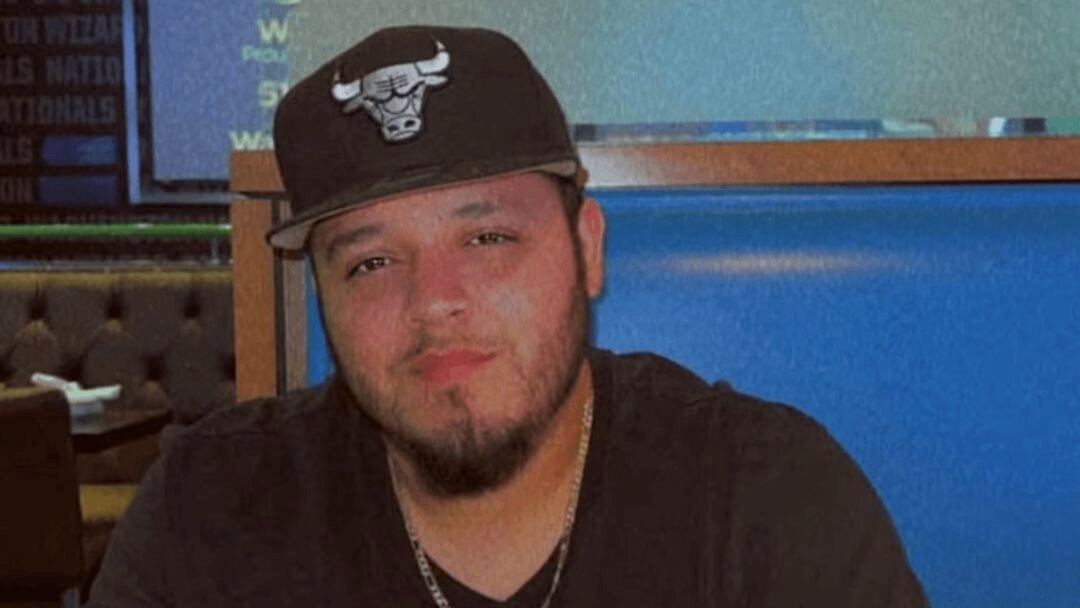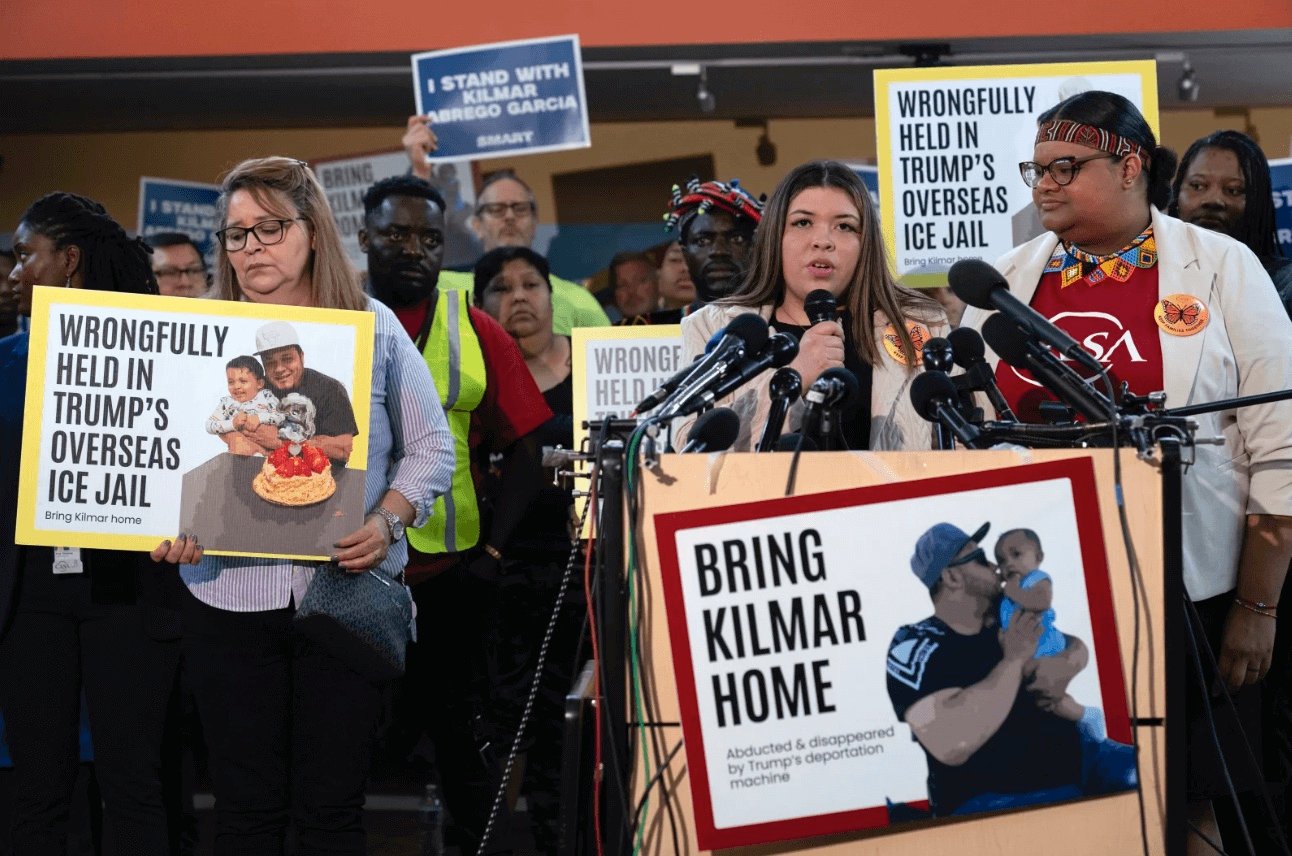By Editor | June 5, 2025
In a stunning turn in a case that’s tested the limits of executive power, immigration policy, and judicial authority, Kilmar Abrego Garcia, the Maryland man mistakenly deported to El Salvador in March, has now been returned to the U.S.—but not as a free man.

According to Attorney General Pam Bondi, Abrego Garcia was brought back to face federal charges tied to human smuggling. His indictment, unsealed in the Middle District of Tennessee, includes:
The charges allege that Abrego Garcia played a role in a large-scale smuggling network that moved thousands of undocumented individuals, including alleged MS-13 members, into the United States.
🔥 A Constitutional Standoff
Abrego Garcia’s case became a flashpoint between the Trump administration and the federal judiciary. After his March deportation, the government admitted it was an “administrative error.” However, instead of promptly returning him, officials resisted court orders demanding his return, creating what one federal judge described as an “incipient crisis” between the branches of government.
That resistance led to rare bipartisan condemnation. Conservative and liberal judges alike raised concerns about due process and the executive branch’s failure to obey judicial orders.
🛫 From Mistaken Deportation to Mega-Prison
The story took an even darker turn when Abrego Garcia was deported to El Salvador’s notorious mega-prison, despite a 2019 federal court order barring his removal to that country due to credible threats of gang violence.
“President Bukele said he was not sending him back. That’s the end of the story,” Bondi said in April—underscoring just how strained diplomacy and law enforcement cooperation had become.
Though now back on U.S. soil, his future remains deeply uncertain. Officials may still seek to:
-
Deport him to a third country
-
Overturn the 2019 court order protecting him from return to El Salvador
-
Proceed with federal prosecution and incarceration
🧩 Legal Gray Zones and Gang Allegations
The government alleges that Abrego Garcia is a member of MS-13, designated a foreign terrorist organization by the U.S. His legal team strongly denies the affiliation, framing the charges and deportation as a rush to judgment driven by politics and profiling.
Meanwhile, Judge Paula Xinis, who originally issued the deportation stay, is still reviewing government actions under a discovery process. Her focus: whether the administration intentionally flouted the law or made a legitimate error.
⚖️ Why This Case Matters
This isn’t just about one man’s immigration status. It’s about what happens when executive defiance collides with the rule of law.
-
Can the government ignore judicial orders by citing “errors”?
-
What protections do individuals have when facing alleged gang affiliations without trial?
-
How should international law and human rights concerns shape U.S. deportation policy?
🧭 What’s Next?
Abrego Garcia’s trial is likely to be lengthy and closely watched, not only for what it reveals about immigration enforcement, but also about the limits of power and accountability under the Trump-era legal doctrine.
Whether he is ultimately convicted, deported again, or cleared of wrongdoing, one thing is certain: this case will echo far beyond one courtroom.
💬 What are your thoughts on the balance between immigration enforcement and judicial authority? Should the government face consequences for ignoring court orders? Let’s talk.







0 Comments